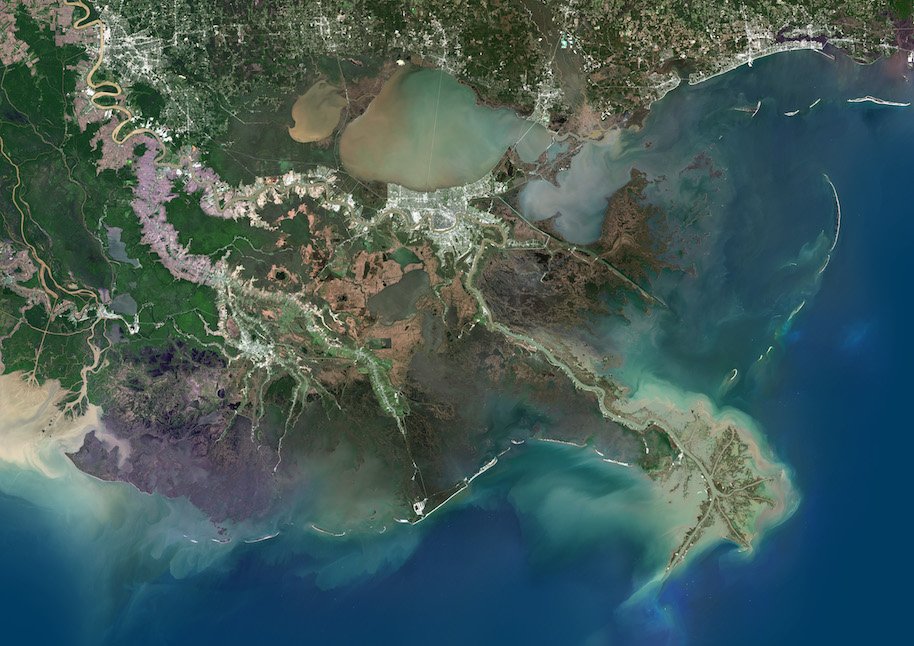Mississippi River Delta, Louisiana, United States. Photo: Planet Observer (Getty)
You may have never thought Baton Rouge, Louisiana could be your dream destination. Yet, thanks to major urban overcrowding and development, it’s probably among your best options.
When Los Angeles, New York, Miami and Chicago got too hot for everyone, the crowds starting dispersing to smaller urban areas like Denver, Portland, Nashville and Austin. Thanks to overdevelopment of those areas, which weren’t meant for droves of city dwellers, people are taking to the even smaller sub-cities for the same city vibe without the high price tag.
But don’t get us wrong, it’s still expensive as hell. Basically, you have to ask yourself if you want a shack in the mountains or a cardboard box on the beach. Decisions, decisions.
Columbus, Ohio
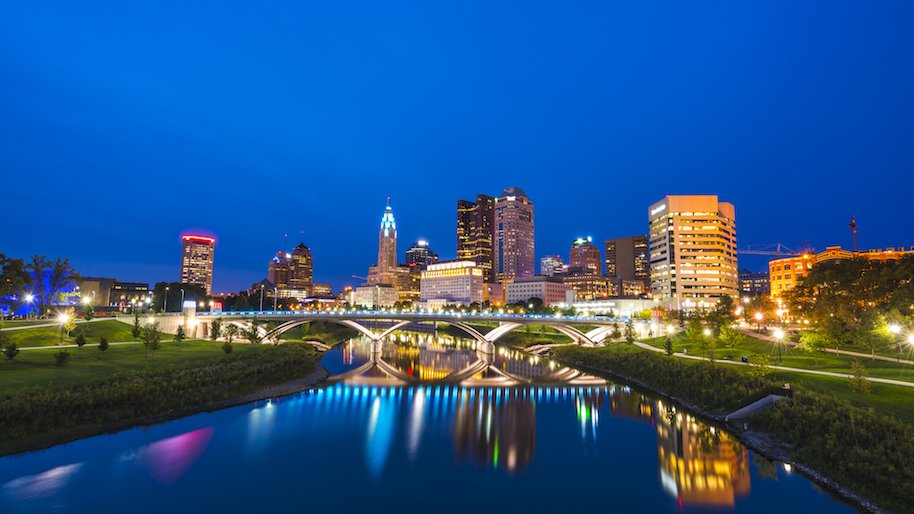
Not everyone knows Columbus, but that doesn’t stop it from having a million folks residing there. It’s downtown, only a handful of hours from other major cities, and has become very competitive in its housing market in the past few years. With plenty of sports and a blossoming, it’s no wonder why the suburbs are starting to fill up for one of the 15 most populated cities.
Charleston, South Carolina
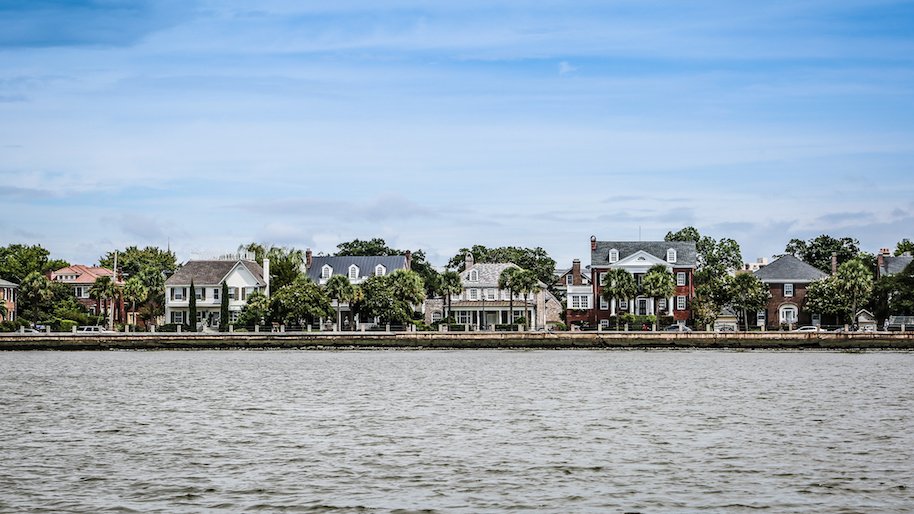
Myrtle Beach and Charleston both carry the torch for the east coast as two of the hottest spots to uproot and replant. Charleston is nearly up there with Denver and Nashville in terms of great smaller cities that have already let in too many newcomers, growing by violent migration rather than natural growth. Myrtle Beach, long considered a vacation destination, has had a 14 percent increase in population. Still, it contains less than half a million people.
Boulder, Colorado
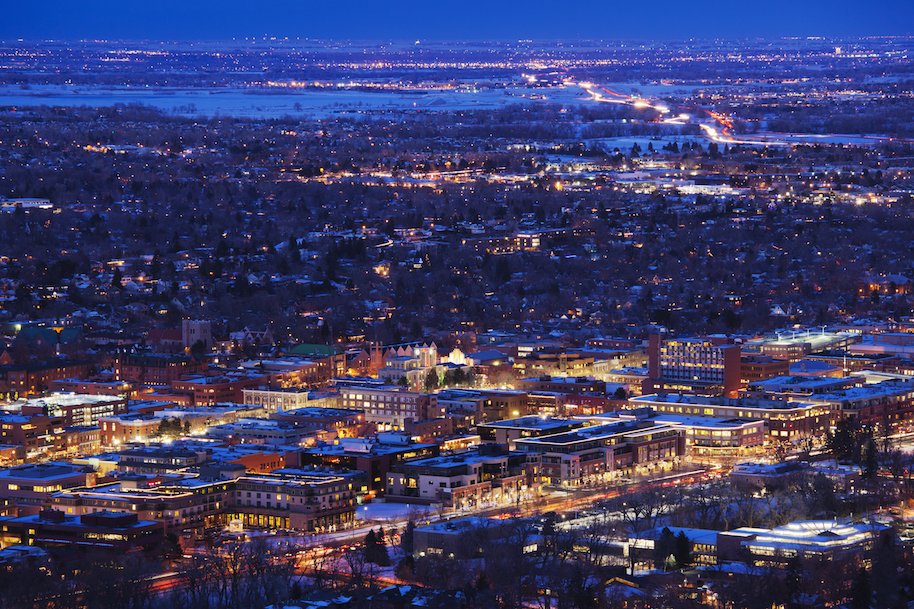
With people fleeing the crowded coastal cities, Colorado seems to be the primary target. Fort Collins and Boulder both have seen quite a bit of growth in recent years, Boulder especially. Although the city has its rules about growing outwards, it doesn’t seem to have a problem charging people their firstborn for a studio. That seems to be OK with its constituents since the employment rate is either very low, or the college kids get spoiled rotten beneath the beautiful mountains. Greeley, too.
Bend, Oregon
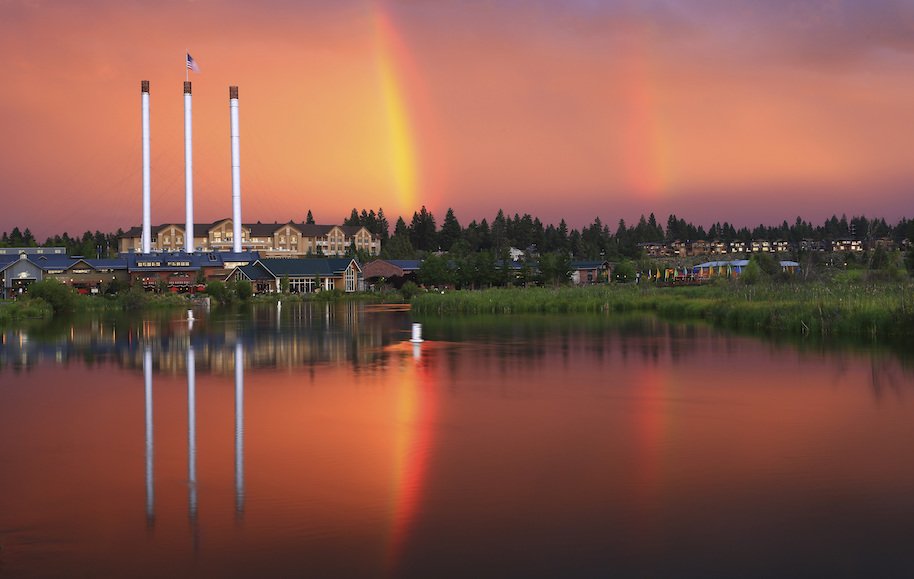
Portland is usually the first place people in Los Angeles think to go. It makes sense considering the smaller hipster hangout fits in with the likes of Austin and other growing cities. But now people are starting to look outside the staple city to other smaller cities with the same tax-free Oregon perks. Bend and Eugene are at the top of that list.
Midland, Texas
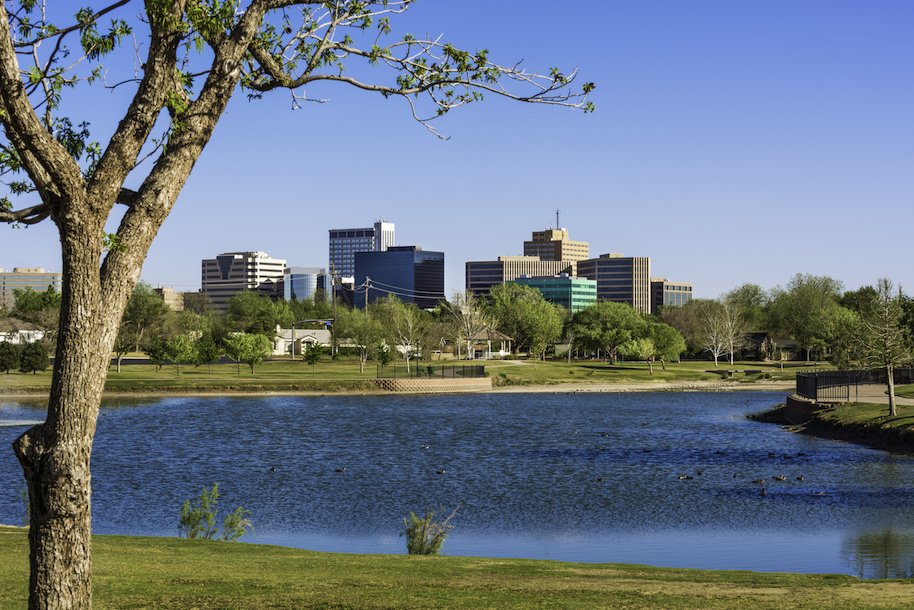
With one of the strongest job markets and lowest unemployment rates for an American city, the average income of Midland is higher by default. Odessa, Texas has also seen a boom in its trendiness. We assume these cities are thriving as bigger ones like Austin and Dallas become more insufferable by the year with construction noise and worsening traffic. Houston, in addition, is working its way up with more than 10 percent growth in five years.
Naples, Florida
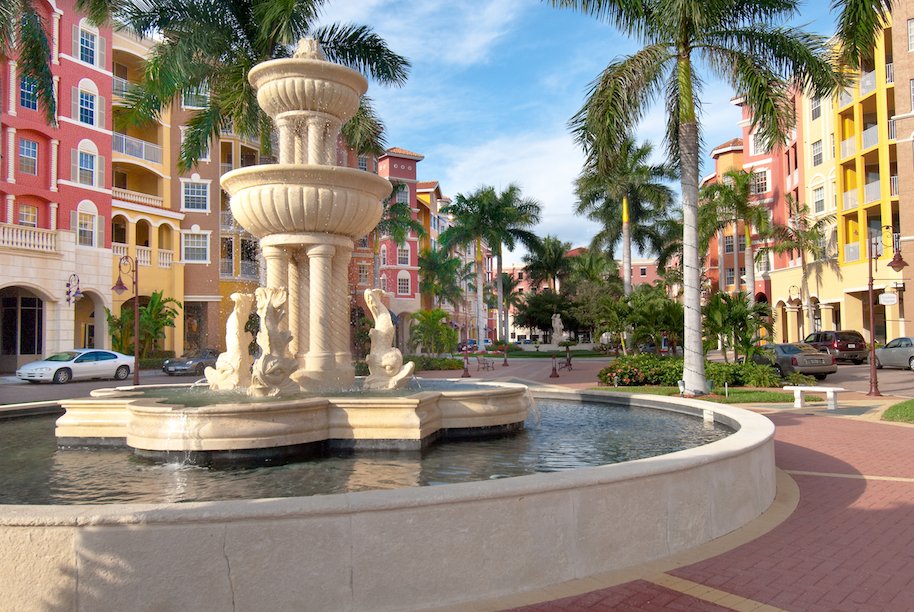
Since young people are more likely to relocate, it makes sense that Naples would start to get crowded in its metro area (10 percent growth in the last five years). The Villages, which house many baby boomers and retired folks (30 percent of its population) waiting for the sweet embrace of death, is actually the fastest growing city in America.
Long Beach, CA
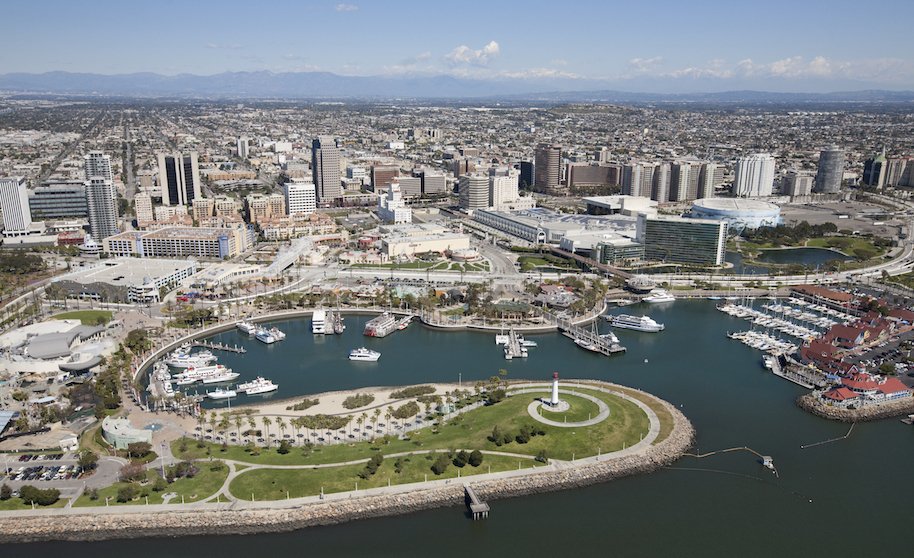
Los Angeles has the worst traffic in the world, so it makes sense people would move 30 minutes south to Long Beach for cheaper rent and quick drive to the city of devils.
